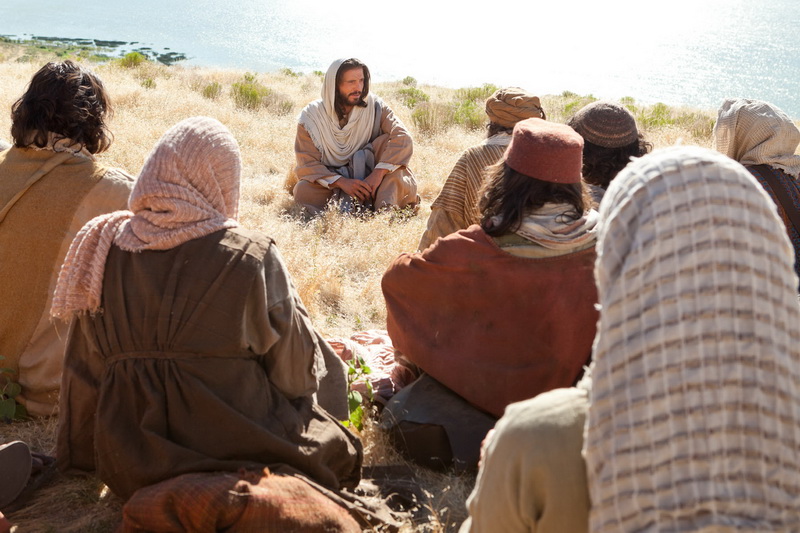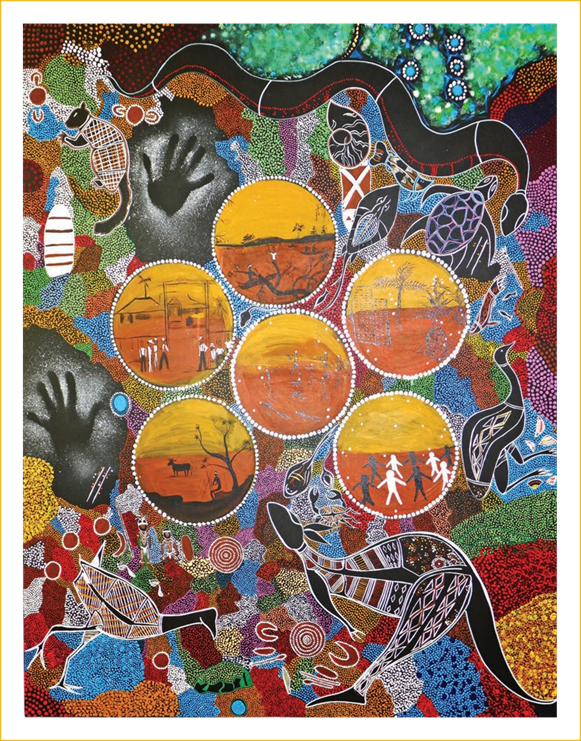
This week we are exploring two very famous passages – the beatitudes that begin the Sermon on the Mount found in Matthew chapters 5 and the companion text from Micah chapter 6, namely the call to do justice, love kindness and walk humbly with God.
How do we ‘hear’ these passages afresh? The instructions in Micah 6, for instance, are easy to mentally l agree with, but very challenging to live out. They require no less than to reflect the character of God in how we live. And if justice lies at the heart of God, then how are we, personally, actively pursuing justice for our indigenous peoples, or asylum seekers, or those living on Newstart allowance? If we are not making a personal response to do justice then have we really heard the call?
The beatitudes are equally challenging. Our tendency is still to think that the ones God blesses are the rich, the powerful, the healthy, etc. Instead Jesus says that God’s blessing is available to all of humanity, even for the types of people we regard as hopeless, those – we think – who are beyond God’s interest or care. If we allow them to, these beatitudes will change how we see other people and direct us to the sorts of people Jesus naturally gravitated towards.




